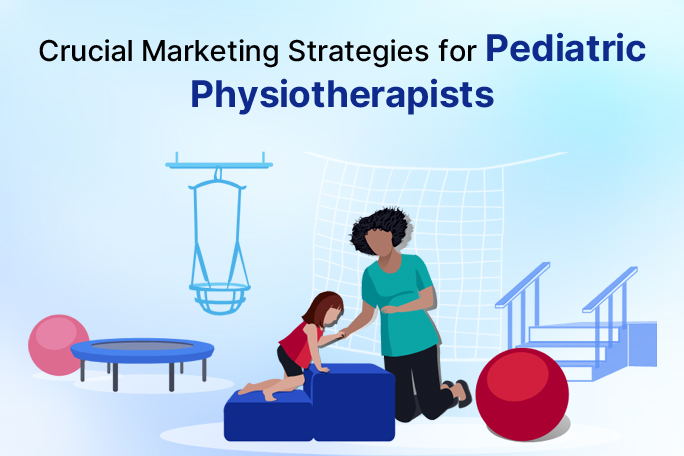

Pregnancy and childbirth are significant events in a woman’s life, and they bring about significant changes in the body, including hormonal, physiological, and anatomical changes. These changes can lead to physical and emotional challenges for women, making it essential to have a supportive healthcare team to assist them through these transitions. Physiotherapy with its vital […]
Pregnancy and childbirth are significant events in a woman’s life, and they bring about significant changes in the body, including hormonal, physiological, and anatomical changes.
These changes can lead to physical and emotional challenges for women, making it essential to have a supportive healthcare team to assist them through these transitions.
Physiotherapy with its vital advanced best therapy practice management software supports women’s health during pregnancy and the postpartum period. Physiotherapists can help women overcome common pregnancy and postpartum issues, such as back pain, pelvic floor dysfunction, and incontinence.
Let us explore how physiotherapy can support women’s health in pregnancy and postpartum.
Pregnancy causes significant changes in the body, including the added weight of the baby, the changes in hormones, and the expanding uterus, all of which can put pressure on the body and lead to various physical issues.
The postpartum period is a critical time for women as they recover from childbirth and adjust to the new demands of being a mother.
It can also be a time of significant physical and emotional changes, and many women experience issues such as back pain, pelvic floor dysfunction, and incontinence during this time. Physiotherapy can play a significant role in supporting women’s health during postpartum.
Pelvic floor dysfunction is a common issue that affects many women during pregnancy and postpartum. The pelvic floor muscles are responsible for supporting the bladder, uterus, and rectum.
Pregnancy and childbirth can weaken these muscles, leading to issues such as incontinence, pelvic organ prolapse, and sexual dysfunction.
Well, physiotherapy can help treat pelvic floor dysfunction during pregnancy and postpartum. A physiotherapist can teach women exercises to strengthen the pelvic floor muscles, which can help prevent incontinence and pelvic organ prolapse.
They can also teach women how to perform proper pelvic floor muscle contractions and relaxations, which can improve sexual function.
The physiotherapist may also use biofeedback, a technique that uses sensors to measure muscle activity, to help women learn how to contract and relax their pelvic floor muscles properly.
Back pain is a common issue that many women experience during the postpartum period. The added weight of the baby during pregnancy, the strain of childbirth, and the constant lifting and carrying of the baby can all contribute to back pain.
Physiotherapy can help alleviate back pain during postpartum. A physiotherapist can teach women exercises to strengthen the muscles in the back and abdomen, which can help support the weight of the baby and reduce pain.
They can also teach women proper posture techniques to avoid putting additional strain on the back. The physiotherapist may also use manual therapy techniques to help alleviate pain and tension in the back.
Incontinence is a common issue that affects many women during pregnancy and postpartum. Incontinence occurs when there is an involuntary loss of urine or feces. Pregnancy and childbirth can weaken the pelvic floor muscles, leading to incontinence.
Physiotherapy can help treat incontinence during pregnancy and postpartum. A physiotherapist can teach women exercises to strengthen the pelvic floor muscles, which can help prevent incontinence. They can also teach women how to perform proper pelvic floor muscle contractions and relaxations, which can improve bladder control.
Physiotherapy can play a vital role in supporting women’s health during pregnancy and the postpartum period. Physiotherapists can help women overcome common pregnancy and postpartum issues, such as back pain, pelvic floor dysfunction, and incontinence. The therapy practice management can teach women exercises to strengthen their muscles, improve their posture, and prevent future issues. Physiotherapy is a safe and effective way to support women’s health during these significant life events and can help them transition into a better everyday life.
Receive updates, business advice, and easy-to-follow tips in your inbox with just a tap.
Does your Physio therapy business needs a boost? Access the ready to implement ideas & strategies.